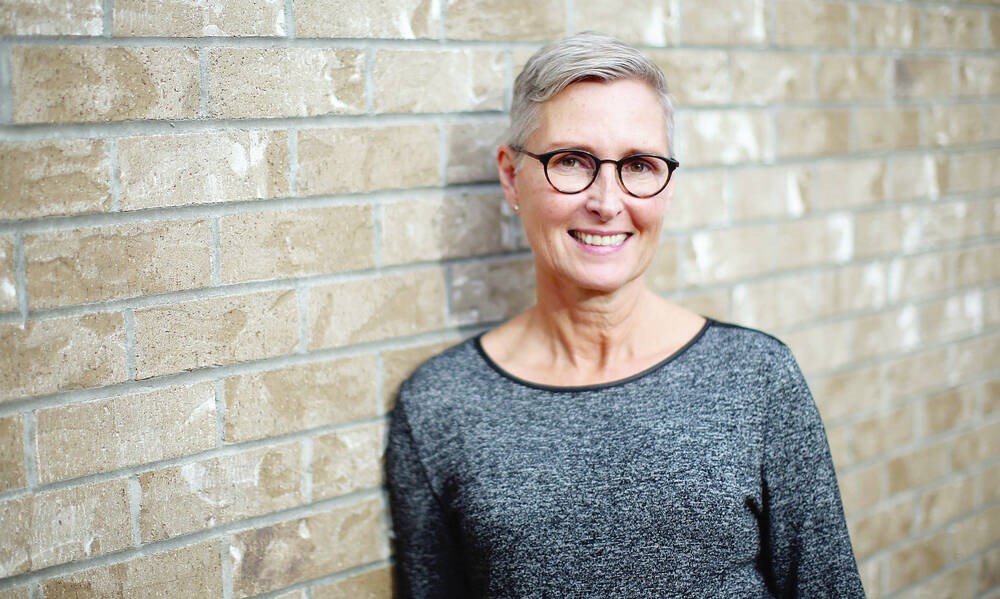daftandbarmy
Army.ca Fossil
- Reaction score
- 39,157
- Points
- 1,160
This won't be helped by the fact that just about everyone already hates her guts 
Prominent scholar and former judge Mary Ellen Turpel-Lafond says she is a treaty Indian of Cree ancestry — but her claims don’t appear to match the historical record. Her story illuminates a complex and growing discussion about Indigenous identity that’s playing out across the country.
Questions about Turpel-Lafond’s background have actually followed her for decades. A 1995 profile in the Ottawa Citizen said “she was the target of a whisper campaign during the Charlottetown debate. Indians opposed to the deal said Turpel wasn’t really an Indian.” The reporter added that “during interviews for this profile, more than one person suggested checking into her Indian background.”
CBC decided to undertake an investigation. In the process, it examined records from archives across Canada, including genealogical records, census forms and voter registries, and reviewed more than 100 newspaper, magazine and journal articles and dozens of videos.
Understanding that the issue of Indigenous ancestry is complex, nuanced and deeply personal, CBC undertook its research in consultation with Indigenous academics and journalists.
CBC discovered that some of Turpel-Lafond’s claims about her Cree ancestry, her treaty Indian status, the community where she grew up and her academic accomplishments are inconsistent with publicly available documents.
... Turpel-Lafond says she’s a treaty Indian from Muskeg Lake. But she has declined to show her status card or even indicate whether she has one. She has also refused to offer any documentation demonstrating her Indigenous family tree.
“I have not and will not be sharing any private confidential personal records with any media outlet,” Turpel-Lafond wrote in an email.
She has declined repeated requests for an interview, but CBC did exchange emails with her over a period of several months. In that correspondence, CBC provided Turpel-Lafond with the findings of its investigation.
Disputed history
Prominent scholar and former judge Mary Ellen Turpel-Lafond says she is a treaty Indian of Cree ancestry — but her claims don’t appear to match the historical record. Her story illuminates a complex and growing discussion about Indigenous identity that’s playing out across the country.
Questions about Turpel-Lafond’s background have actually followed her for decades. A 1995 profile in the Ottawa Citizen said “she was the target of a whisper campaign during the Charlottetown debate. Indians opposed to the deal said Turpel wasn’t really an Indian.” The reporter added that “during interviews for this profile, more than one person suggested checking into her Indian background.”
CBC decided to undertake an investigation. In the process, it examined records from archives across Canada, including genealogical records, census forms and voter registries, and reviewed more than 100 newspaper, magazine and journal articles and dozens of videos.
Understanding that the issue of Indigenous ancestry is complex, nuanced and deeply personal, CBC undertook its research in consultation with Indigenous academics and journalists.
CBC discovered that some of Turpel-Lafond’s claims about her Cree ancestry, her treaty Indian status, the community where she grew up and her academic accomplishments are inconsistent with publicly available documents.
... Turpel-Lafond says she’s a treaty Indian from Muskeg Lake. But she has declined to show her status card or even indicate whether she has one. She has also refused to offer any documentation demonstrating her Indigenous family tree.
“I have not and will not be sharing any private confidential personal records with any media outlet,” Turpel-Lafond wrote in an email.
She has declined repeated requests for an interview, but CBC did exchange emails with her over a period of several months. In that correspondence, CBC provided Turpel-Lafond with the findings of its investigation.



